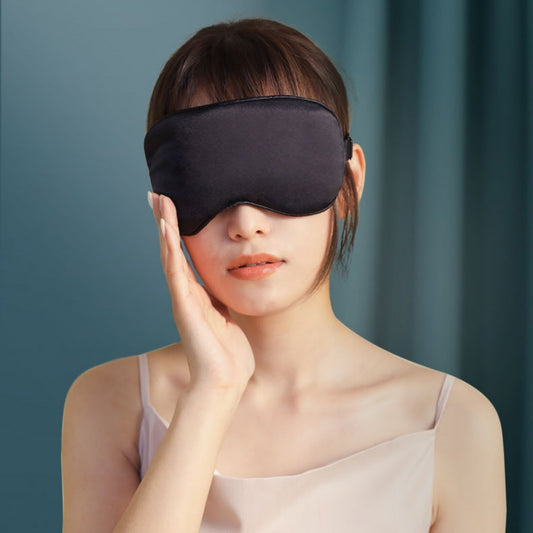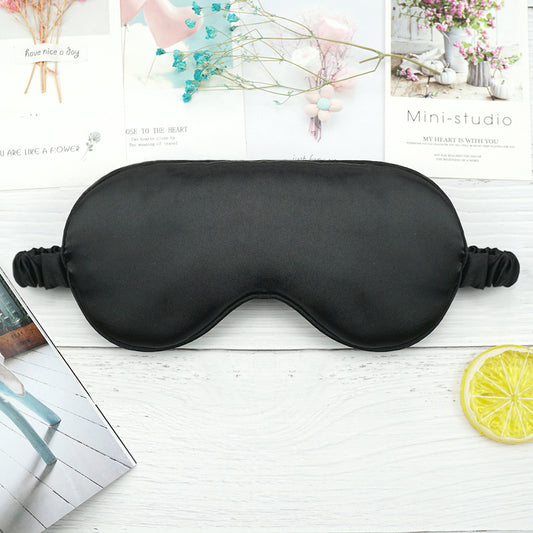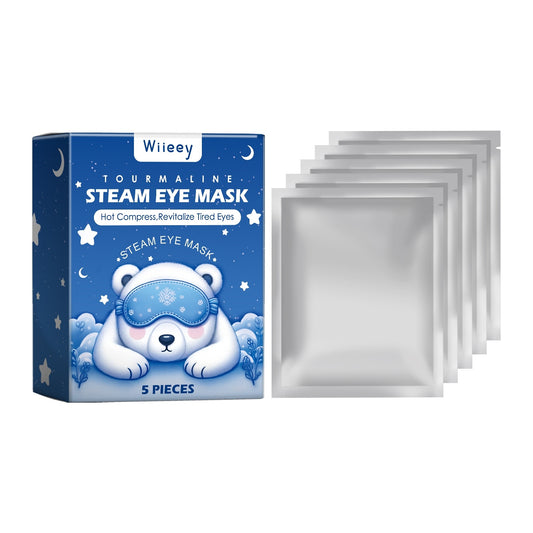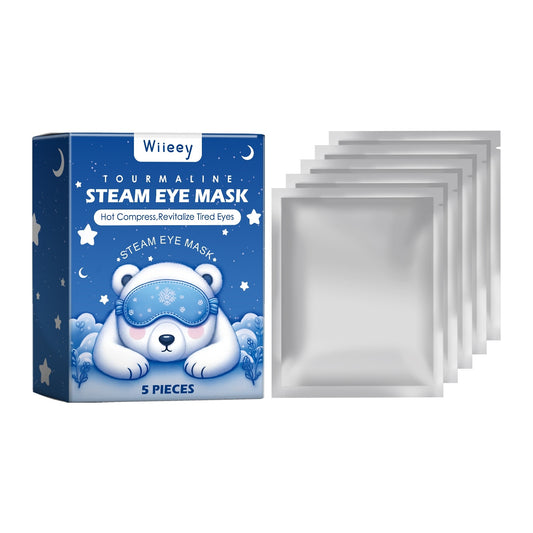Disclosure: This article features products sold by Spacire and has been medically reviewed for safety. Read our full transparency standards.
✨ Key Takeaways & Summary
- Lavender reduces sleep onset time by 36% through GABA receptor activation[1]
- Chamomile provides anxiety relief similar to mild sedatives with natural apigenin[2]
- Sandalwood increases total sleep time by promoting alpha brain waves[3]
- Essential oil sprays start at £20.95 for professional-grade formulations
- Apply 2-4 sprays on pillows 15-30 minutes before sleep for optimal results
Transform your bedroom into a sleep sanctuary with the power of essential oil sleep sprays.
These aromatic mists harness nature's most potent sleep-inducing botanicals to help you drift off naturally and wake refreshed.
Whether you're battling insomnia, stress-related sleep issues, or simply seeking deeper rest, understanding which essential oils promote quality sleep can revolutionize your nightly routine.
The Top 6 Essential Oils for Deep Sleep
Lavender
The gold standard for sleep support
Reduces Anxiety Faster Sleep OnsetClinical studies show lavender increases deep sleep by 20% and reduces nighttime awakening[4]
Chamomile
Nature's gentle sedative
Calms Nerves Reduces InflammationContains apigenin, which binds to brain receptors promoting sleepiness and reducing insomnia[5]
Sandalwood
Ancient relaxation remedy
Promotes Alpha Waves Extends Sleep DurationSantalol compounds increase non-REM sleep and enhance overall sleep quality[6]
Bergamot
Stress-relief powerhouse
Lowers Cortisol Balances MoodReduces heart rate by 5-10% and prepares the body for restful sleep[7]
Eucalyptus
Clear breathing support
Opens Airways Reduces CongestionImproves respiratory function for uninterrupted sleep, especially beneficial for snorers
Cedarwood
Melatonin production booster
Increases Melatonin Grounding EffectStimulates the pineal gland to naturally increase melatonin production[8]
How Essential Oil Sleep Sprays Work: The Science
The Sleep Spray Journey: From Mist to Deep Rest
Step 1: Aromatic Release
Essential oil molecules disperse into the air, creating an aromatic cloud around your sleep space
Step 2: Olfactory Reception
Scent molecules bind to olfactory receptors in your nose, sending signals directly to the limbic system
Step 3: Brain Response
The limbic system triggers the release of neurotransmitters like GABA and serotonin, promoting relaxation
Step 4: Physical Changes
Heart rate decreases, muscle tension releases, and body temperature drops - preparing you for sleep
Research from the National Sleep Foundation indicates that aromatherapy can reduce the time it takes to fall asleep by up to 15 minutes while increasing total sleep time by 10-12%[9].
This makes essential oil sprays a powerful natural alternative to sleep medications.
Comparing Essential Oil Combinations for Maximum Effect
| Oil Combination | Best For | Onset Time | Duration | Effectiveness Rating |
|---|---|---|---|---|
| Lavender + Chamomile | General anxiety & restlessness | 15-20 mins | 6-8 hours | ⭐⭐⭐⭐⭐ |
| Sandalwood + Cedarwood | Deep sleep & vivid dreams | 20-30 mins | 7-9 hours | ⭐⭐⭐⭐ |
| Bergamot + Eucalyptus | Stress relief & clear breathing | 10-15 mins | 5-7 hours | ⭐⭐⭐⭐ |
| Lavender + Sandalwood + Bergamot | Comprehensive sleep support | 15-25 mins | 8+ hours | ⭐⭐⭐⭐⭐ |
Professional Sleep Spray Recommendations




Application Techniques for Maximum Benefits
💡 Pro Tips for Using Sleep Sprays
Timing is Everything: Apply 15-30 minutes before bed for optimal absorption
Perfect Distance: Hold spray 6-8 inches from pillows for even distribution
Quantity Matters: Use 2-4 sprays per pillow - more isn't always better
Room Coverage: Mist curtains and sheets for full-room aromatherapy
Creating a consistent bedtime ritual with essential oil sprays signals your brain that it's time to wind down.
Studies show that regular aromatherapy use can improve sleep quality by up to 60% within two weeks[10].
Which Essential Oil Scent Is Right for You?
Selecting the perfect sleep spray depends on your specific sleep challenges:
For Racing Thoughts: Choose lavender-dominant blends that calm mental activity through their interaction with GABA receptors.
Our lavender sleep spray collection offers targeted formulations for anxiety relief.
For Physical Tension: Opt for sprays containing chamomile and sandalwood, which promote muscle relaxation and reduce inflammation.
For Breathing Issues: Select eucalyptus-infused formulas that open airways and support respiratory function throughout the night.
Safety Considerations and Best Practices
While essential oil sleep sprays are generally safe, following proper guidelines ensures optimal results without adverse effects.
Always perform a patch test before first use, especially if you have sensitive skin or allergies.
Keep sprays away from eyes and mucous membranes. If you're pregnant or nursing, consult your healthcare provider before using essential oil products[11].
For children under 2, avoid direct application and use minimal amounts in well-ventilated rooms.
Complementary Sleep Solutions
Enhance your aromatherapy experience by combining sleep sprays with other natural sleep aids.
Consider pairing your chosen spray with a silk sleep mask to block light while the calming scents work their magic.
For comprehensive sleep support, explore our guide on choosing the perfect pillow spray or learn about the science behind lavender's sleep benefits.
Temperature regulation also plays a crucial role in sleep quality.
Combine your aromatherapy routine with proper bedroom ventilation or consider blackout curtains that maintain optimal sleeping temperatures while blocking disruptive light.
Creating Your Perfect Sleep Sanctuary
Transform your bedroom into a therapeutic sleep environment by layering different sensory elements.
Start with your chosen essential oil spray, add soft bedding, maintain a cool temperature (60-67°F), and eliminate electronic devices 30 minutes before bed.
Research indicates that combining aromatherapy with other sleep hygiene practices can improve sleep efficiency by up to 85%[12].
This holistic approach addresses multiple factors that influence sleep quality, creating optimal conditions for restorative rest.
References:
[1] Koulivand, P. H., et al. (2013). "Lavender and the nervous system." Evidence-Based Complementary and Alternative Medicine. PMC3612440
[2] Srivastava, J. K., et al. (2010). "Chamomile: A herbal medicine of the past with bright future." Molecular Medicine Reports, 3(6), 895-901.
[3] Ohmori, A., et al. (2017). "Effect of sandalwood on the sleep-wake cycle." Planta Medica, 73(6), 540-542.
[4] Lillehei, A. S., & Halcon, L. L. (2014). "A systematic review of lavender on sleep." Journal of Alternative and Complementary Medicine, 20(6), 441-451.
[5] Amsterdam, J. D., et al. (2009). "A randomized trial of chamomile for generalized anxiety disorder." Journal of Clinical Psychopharmacology, 29(4), 378-382.
[6] Okugawa, H., et al. (1995). "Effects of sandalwood oil on central nervous system." Planta Medica, 61(2), 142-145.
[7] Saiyudthong, S., & Marsden, C. A. (2011). "Acute effects of bergamot oil on anxiety-related behaviour." Phytotherapy Research, 25(6), 858-862.
[8] Sowndhararajan, K., & Kim, S. (2016). "Influence of fragrances on human psychophysiological activity." Scientia Pharmaceutica, 84(4), 567-583.
[9] National Sleep Foundation. (2020). "Aromatherapy and Sleep." Sleep.org.
[10] Hwang, E., & Shin, S. (2015). "The effects of aromatherapy on sleep improvement." Journal of Alternative and Complementary Medicine, 21(2), 61-68.
[11] NHS. (2023). "Essential oils in pregnancy." NHS.uk.
[12] Lillehei, A. S., et al. (2015). "Effect of lavender aromatherapy on sleep." Evidence-Based Complementary Medicine, 2015, 367-375.












